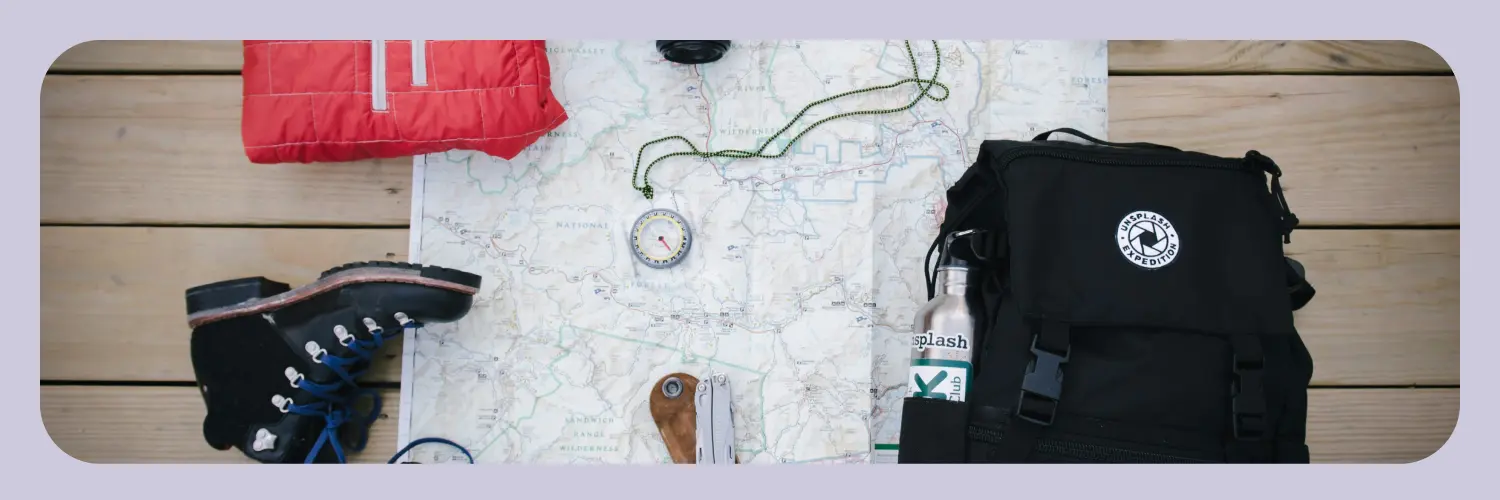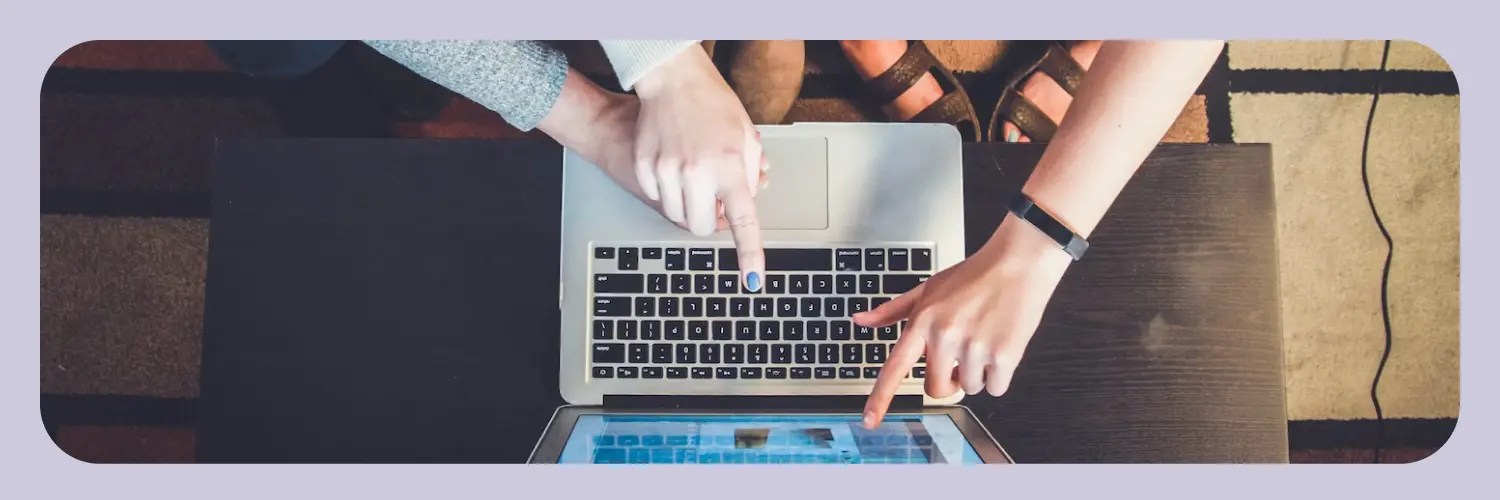
Understanding Rent Abroad: Ins & Outs of Security Deposits
Renting a Flat Abroad? Everything You Need to Know About a Security Deposit for Rent
share
![]()
What is a Security Deposit for Rent?
At the core of every rental agreement lies the security deposit. But what exactly is it? A security deposit is a sum of money paid by the tenant to the landlord at the beginning of the lease. It serves as protection for the landlord against potential damages or unpaid rent. The rental deposit serves as a financial safeguard, offering landlords reassurance and holding tenants accountable for damages beyond regular wear and tear.
Typical Deposit Amounts
Now, let’s talk numbers. Rental deposit amounts can vary depending on location and property type. In many countries, it is common for the security deposit to be equivalent to one to three months’ rent. However, it’s crucial to research local laws and regulations regarding security deposits in your chosen country of study. Different countries may have specific rules governing the maximum deposit amount, interest accrual, and timeframes for returning the deposit.
Legal Regulations
To avoid legal woes or unfair treatment, familiarise yourself with local security deposit regulations. Some countries have stringent laws to protect tenants’ rights and ensure transparency in the rental process. For instance, in certain countries, landlords must place the security deposit in a government-approved deposit protection scheme. This scheme guarantees both parties fair handling and a transparent process, reducing the risk of fraudulent activities.
Condition Report and Documentation
Before moving into your rented flat, it is essential to document the condition of the property thoroughly. Take detailed photographs or create a written report that captures the state of the flat. This documentation shows the property’s initial condition and protects the tenant and the landlord from false claims or disputes during the deposit return process.
Rental Deposit Return Process
To avoid any surprises or misunderstandings, it’s crucial to understand the conditions under which your security deposit for rent will be returned. Typically, the deposit is returned after the lease term ends, once a final inspection has been conducted to assess any damages. Ensure this process is clearly outlined in your lease or rental deposit agreement and discuss it with your landlord to avoid confusion.
Deductions and Disputes
It’s important to be aware of what deductions can be made from your rent advance payment. Common deductions include repairs for damages beyond normal wear and tear, outstanding utility bills, or any other expenses incurred due to breaching the terms of your lease agreement. Effective communication and documentation are key to resolving issues amicably if there are any disputes regarding deductions.
Payment Methods
When paying your security deposit for rent, clarify your landlord’s preferred payment method. Some landlords may accept bank transfers, while others require cashier’s checks or other secure payment methods. It’s essential to ensure that you are using a reliable and traceable payment method to provide a clear transaction record.
Local Currency Considerations
To avoid any complications or fluctuations in currency exchange rates, it’s advisable to pay the security deposit and have it returned to the local currency. This eliminates the risk of potential losses due to unfavourable exchange rates and ensures a smooth financial transaction between you and your landlord.
While booking accommodation and paying the rent or security deposit in a foreign currency, the Niyo Zero Forex card can help save expenses on currency exchange and international taxation charges, commonly referred to as Forex Charges.
Review the Lease Agreement Thoroughly
Before signing any lease or rental deposit agreement, review it thoroughly, paying close attention to the details of the security deposit. The lease should clearly outline the amount of the rental deposit, the conditions for its return, and any specific terms or obligations related to it. Take your time to understand and negotiate any clauses that seem unclear or unfair to ensure a transparent and mutually beneficial rental agreement.
Key Takeaways
- Understanding security deposits is crucial for smooth leasing experiences abroad.
- Research local laws and regulations regarding security deposits for rent.
- Document the condition of the flat before moving in.
- Familiarise yourself with the deposit return process outlined in your lease agreement.
- Be aware of potential deductions and maintain effective communication with your landlord.
- Clarify preferred payment methods with your landlord.
- Opt for paying and returning the rental deposit in the local currency to avoid currency exchange complications.
- Thoroughly review and understand all terms outlined in your lease agreement.
Renting a flat abroad can be an exciting adventure, but navigating through security deposit requirements may seem daunting. However, armed with knowledge and preparedness, you can ensure a smooth renting experience that allows you to focus on your studies and enjoy your time abroad.
The Niyo App, coupled with the Niyo Zero Forex card, becomes your invaluable companion in managing finances effortlessly while studying overseas. The Niyo Zero Forex card specifically aids in saving on currency exchange charges, making transactions seamless and cost-effective. Download the Niyo app today for a secure financial journey







